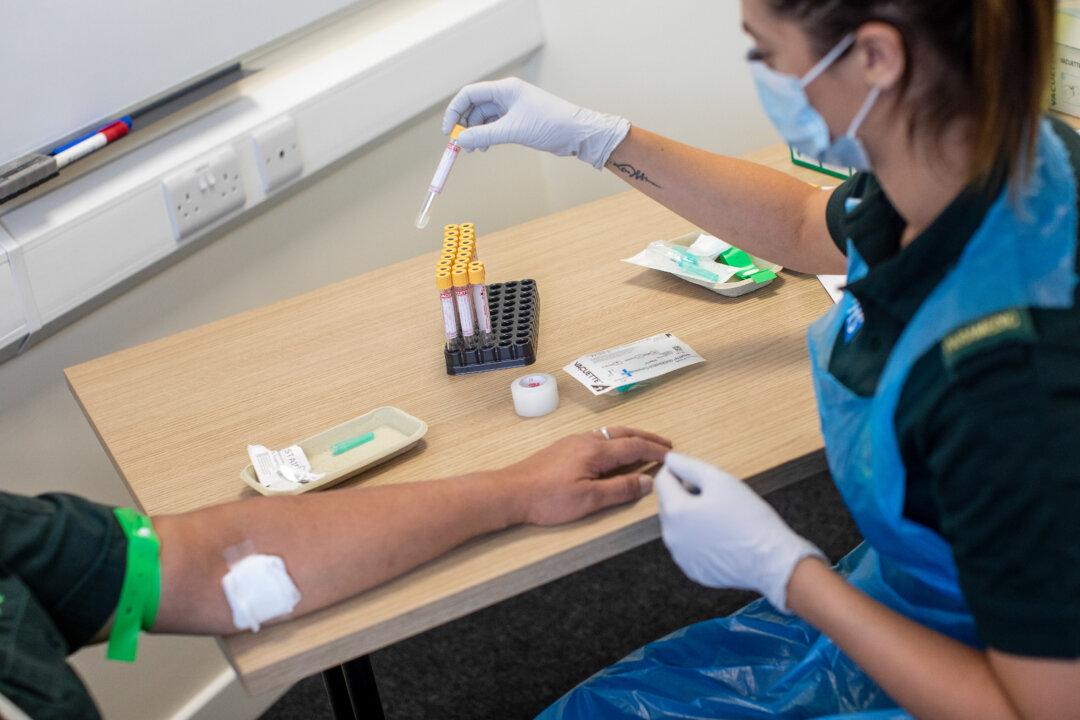People who had mild COVID-19 have long-lasting antibody protection, according to a study by researchers from Washington University School of Medicine in St. Louis.
Scientists found that individuals who have recovered from a mild case of COVID-19 have long-lived plasma cells in their bone marrow that secretes low levels of antibodies against the CCP (Chinese Communist Party) virus for possibly a lifetime.






